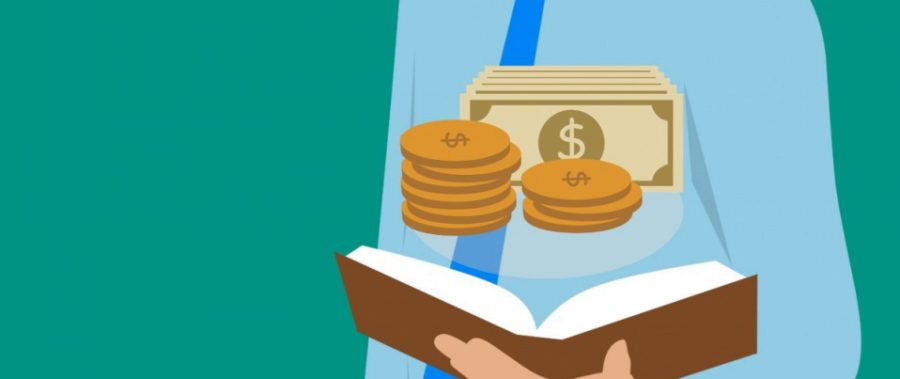Financial literacy is an essential skill for leading a successful, independent life. Unfortunately, most people don’t learn the basics of money management at school or in their families growing up. Without this knowledge, they are left unprepared to manage financial decisions and lack the ability to make smart choices when it comes to saving and spending. This can lead to insecurity around budgeting, money issues taking over personal relationships, expensive credit card payments due to poor decision-making skills, and even penalties for not managing taxes correctly. Learning about financial literacy can help you develop as a person both emotionally and professionally, so let’s take a look at why it is important for your personal development journey!
How financial literacy helps you achieve your goals and dreams
With proper financial literacy, you can realize your dreams without putting yourself in debt or sacrificing your current lifestyle. In addition, you will be able to create a secure future for yourself by investing wisely in stocks and bonds, setting up retirement accounts such as 401(k)s and IRAs, and purchasing insurance products to protect yourself from potential financial losses. With the knowledge and skills gained from learning about money management, you can confidently reach for your goals and dreams.

Financial literacy also allows you to understand the impact of inflation on your wealth. As a result, you will be able to make better investment decisions by recognizing the risks associated with different types of investments and taking advantage of rising prices or falling interest rates. Additionally, it is important to know how taxes affect your income in order to minimize them and maximize your after-tax return. Finally, being financially literate helps you plan for a comfortable retirement by understanding how Social Security works and selecting suitable retirement accounts such as 401(k)s or IRAs that best suit your needs.
By being financially literate, you can confidently achieve your goals and fulfill your dreams without worry. It gives you the power to manage money responsibly and maximize your financial resources to secure a better future for yourself and your family. With proper money management education, you can build a sound financial plan that can guide you toward realizing all of your aspirations.
The more knowledge and skills acquired through financial literacy, the better prepared you are to take advantage of opportunities and minimize risks when managing money in the long run. With this knowledge, you can make wise decisions about investments, save for retirement, or confidently start a business. Financial literacy is an important tool for achieving your goals and dreams.

Your financial literacy toolkit for personal development
Creating a personal financial plan is an essential part of your overall financial literacy and can be the most valuable tool in your financial literacy toolkit. A personal financial plan should address all aspects of your finances, including budgeting, savings, investments, debt management, insurance coverage and retirement planning. This comprehensive approach to managing your money helps you achieve short-term goals while preparing for the future.
When developing a personal financial plan it’s important to set realistic goals that are based on your current income and expenses as well as any anticipated changes in the near future. Having these goals written down can help you stay focused and motivated throughout the process. Additionally, tracking progress against these goals will help ensure that they are being met.
The next step of your financial literacy toolkit is understanding how different kinds of assets work and what options are available when it comes to investing. In this day and age, there is no shortage of investment products and services, from stocks, bonds and mutual funds to exchange-traded funds (ETFs) and real estate investments. It’s important to do your research before committing any money as each asset class has unique risk/return profiles.
Finally, having an emergency fund is a critical component of any comprehensive financial plan. An emergency fund includes liquid savings that can be used for unexpected expenses or income disruptions such as medical bills or job loss. Aim to save at least three months’ worth of your living expenses in an easily accessible account with a low risk of loss.






